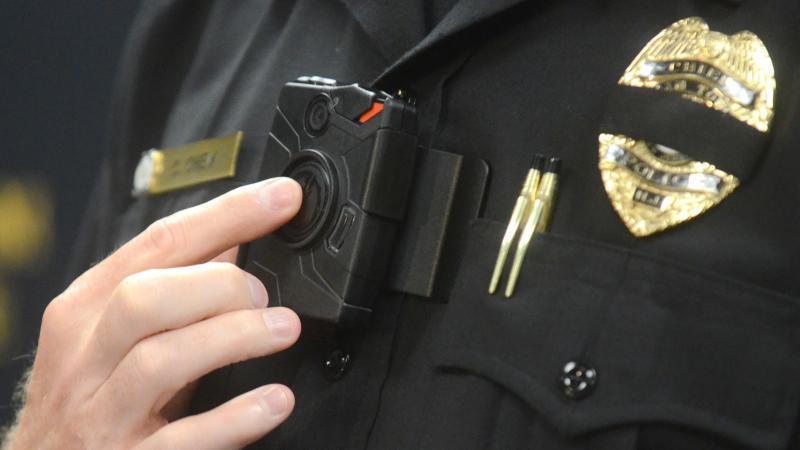ALBUQUERQUE, NM—Today, the American Civil Liberties Union (ACLU) of New Mexico filed a lawsuit against the Albuquerque Police Department (APD) for failing to release lapel-cam footage of a police shooting requested pursuant to the New Mexico Inspection of Public Records Act (IPRA). On January 15, 2015, the ACLU’s client, independent citizen journalist outlet BurqueMedia.com, requested all lapel camera footage taken by officers pertaining to an incident that occurred two days earlier in which APD officers shot and killed John O’Keefe near San Mateo and Constitution. Despite the fact that the footage by BurqueMedia.com constitutes public records, APD refused to release video taken during the incident.
“To ensure public trust in law enforcement, citizens and journalists must have access to information about how police use force in the community,” said ACLU-NM Legal Director Alexandra Freedman Smith “APD must rise to this basic standard of openness and transparency, follow the law, and provide this information to the people they serve.”
In its rejection letter to BurqueMedia, APD’s former records custodian, Reynaldo Chavez, cited the “law enforcement exception,” a provision of IPRA that allows police departments to withhold information that is involved in an active criminal investigation so as not to compromise that investigation. However, in its suit, the ACLU alleges that, given the circumstances, the video footage from the lapel cameras worn by police officers when they shot and killed O’Keefe does not fall under any exemption to IPRA. Chavez was placed on administrative leave earlier this year, and has since stated his intention to file a whistleblower lawsuit against APD claiming that he was instructed to cover up records or provide incomplete records requests to those who asked for them.
In recent months, APD has lost or settled a spate of lawsuits stemming from their refusal to release public records that were requested under IPRA. In just the past few months:
- APD paid TV news station KRQE $45,000 for failing to provide lapel cam videos.
- ABQ Free Press won a lawsuit against APD for withholding public information regarding their weapons arsenal.
- A judge ordered that APD release footage and information pertaining to a skate park shooting that resulted in the death of 17 year old Jaquis Lewis.
“Citizens and journalists shouldn’t have to resort to filing a lawsuit every time they want a public record from APD,” said Andy Christophersen, one of the plaintiffs in the lawsuit. “APD should stop wasting taxpayer money defending against these lawsuits, follow the law, and give people access to public records. “
###
